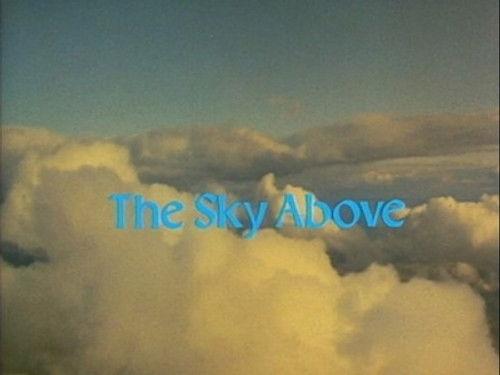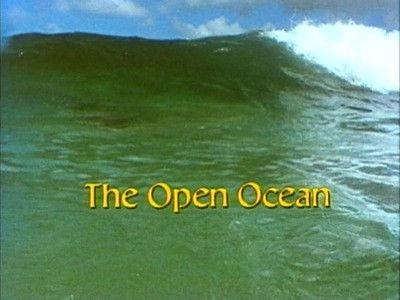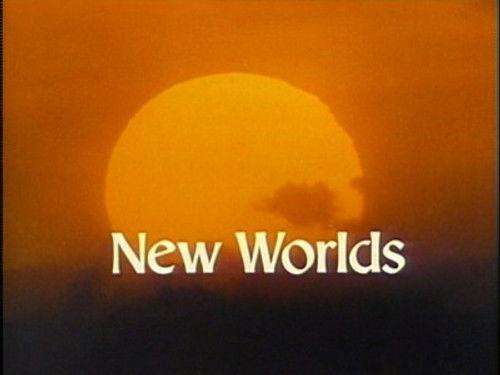Episode Rankings
- #1 Fan FavoriteClick to reveal
 8.9/10(156 votes)
8.9/10(156 votes)#1 - The Building of the Earth
S1:E1Director:Richard BrockWriter:UnknownBe the first to start the conversation for this episode
Director:Richard BrockWriter:Unknown  8.9/10(153 votes)
8.9/10(153 votes)#2 - The Northern Forests
S1:E3Director:Ian CalvertWriter:UnknownBe the first to start the conversation for this episode
Director:Ian CalvertWriter:Unknown 8.7/10(155 votes)
8.7/10(155 votes)#11 - Seas of Grass
S1:E5Director:Richard MatthewsWriter:UnknownBe the first to start the conversation for this episode
Director:Richard MatthewsWriter:Unknown
The 20 WORST Episodes of The Living Planet
READ










